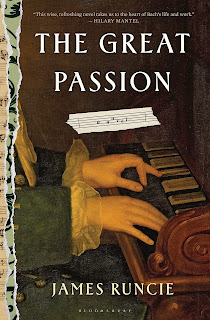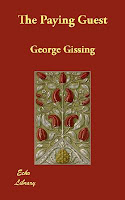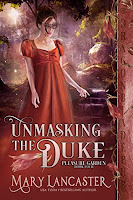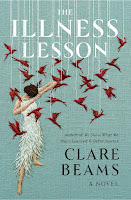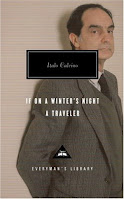Frank Delaney was an Irish writer and broadcaster who died in 2017. A friend recently recommended a podcast where Delaney walks the listener paragraph by paragraph through James Joyce’s Ulysses. My husband and I started listening to it before discovering that Delaney died before completing the task. We’ll continue on and see how far we get. The same friend also recommended Delaney’s novel Ireland.
Ireland is a storyteller’s history of the country. The framework is clever, using two storytellers, an old man and a young one. They first meet when the younger is a nine-year-old boy.
In the early twentieth century, traveling storytellers still existed in Ireland. They were oral historians who wandered the country, taking shelter where they could, hoping to spend a few nights at a time with anyone who would take them in and feed them in exchange for stories.
The older man is known only as The Storyteller. He appears one night at the home of Ronan O’Mara, the nine-year-old, who is enthralled by the stories. Ronan’s mother, a cold and embittered woman, is not, and The Storyteller is rather unceremoniously booted from the house after a couple of days. Ronan essentially spends the rest of his life (at least the life covered by the novel) searching for the man.
The novel alternates between scenes from Ronan’s formative years and the stories he manages to collect from The Storyteller (who leaves him letters, or shows up on radio broadcasts, or leaves the memories of his stories with others who pass them on to Ronan.) In addition to the mystery of the identity of The Storyteller, and the fear that the old man will die before Ronan catches up with him, there is also a good deal of mystery involving Ronan’s own family. While poignant and, in the end, believable when all the pieces come together, what I didn’t quite believe was that pretty much everyone in Ireland except Ronan knew his family secrets. Even I guessed them early on. It is believable that Ronan could be kept in the dark. People can be blind to things close to them. What I had trouble with was how widely known his family secrets were.
Aside from that, the story was lovely. The Storyteller did have a knack for telling a tale. The novel presented a “greatest hits” of Irish history in a historical fiction-like way. It is, however, a long book, and the last 100 to 150 pages started to drag. Ronan’s wandering search for the wandering storyteller lost momentum. The tension — would he find the man on time and why was The Storyteller so purposefully elusive? — stretched thin until I lost interest in the resolution. And some of the later stories/missives from The Storyteller were too self-indulgent. I understand that he loved every rock and flower in his country (as, obviously, does Delaney), but I ended up skimming those bits in the last part of the book as they got repetitive. This is also a man’s book about men. There are women in the stories, but they are bit players and the tone of the novel came across as patronizing, which was a little too quaint. Even so, it’s a novel I’m glad I read.
My friend listened to this as an audiobook read by Mr. Delaney himself. If you enjoy audiobooks, I think that would be a better format. Hearing The Storyteller rather than reading him might be the right way to experience the tale.


